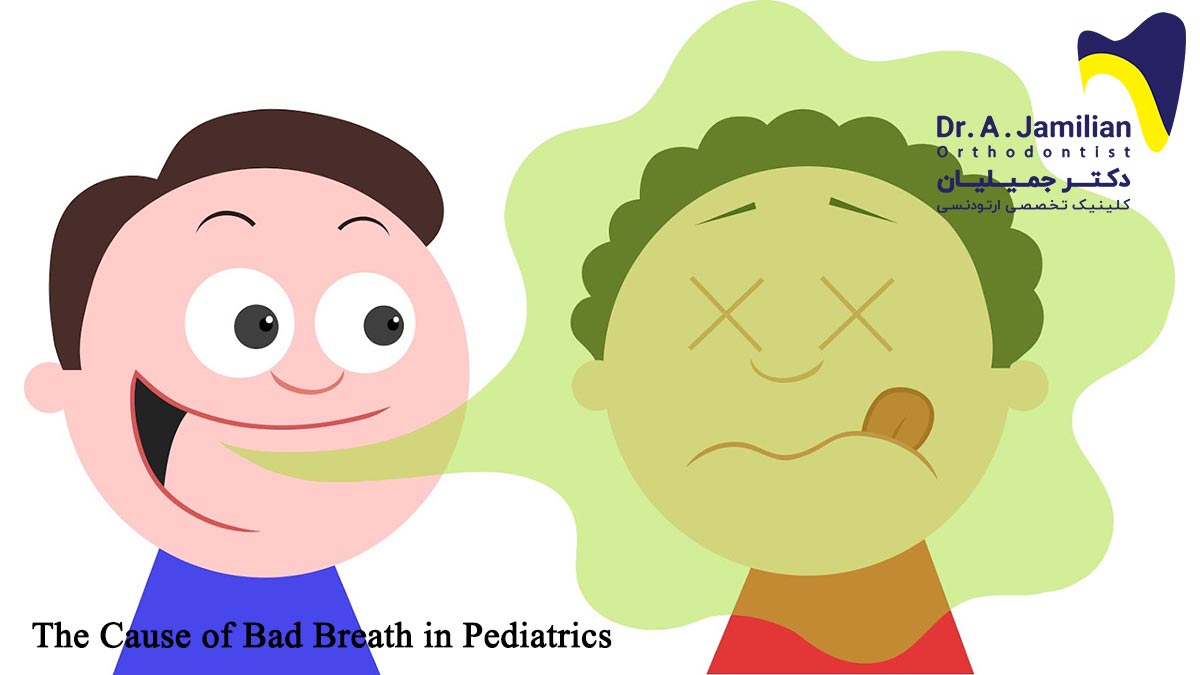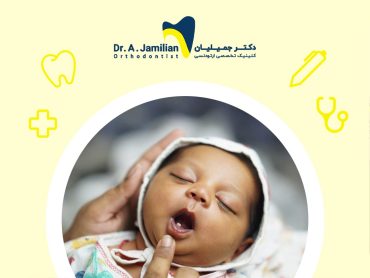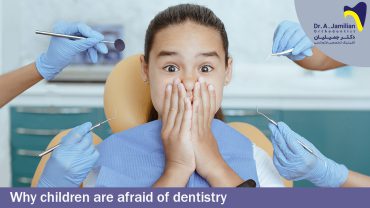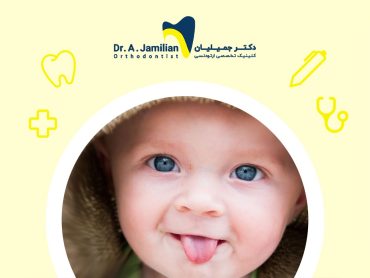A question that parents frequently ask dentists is about the cause of their child’s bad breath. Most children smell their bad breath when they wake up. There is no need to worry because this type of bad breath disappears after eating, drinking, or brushing the teeth. There is another type of bad breadth called halitosis that does not go away with tooth brushing. Here I discuss different causes of bad breath in children.
What causes bad breath in pediatrics?
If your child maintains good oral hygiene but still have bad breath, you need to take them to a dentist or orthodontist to check other clinical signs.
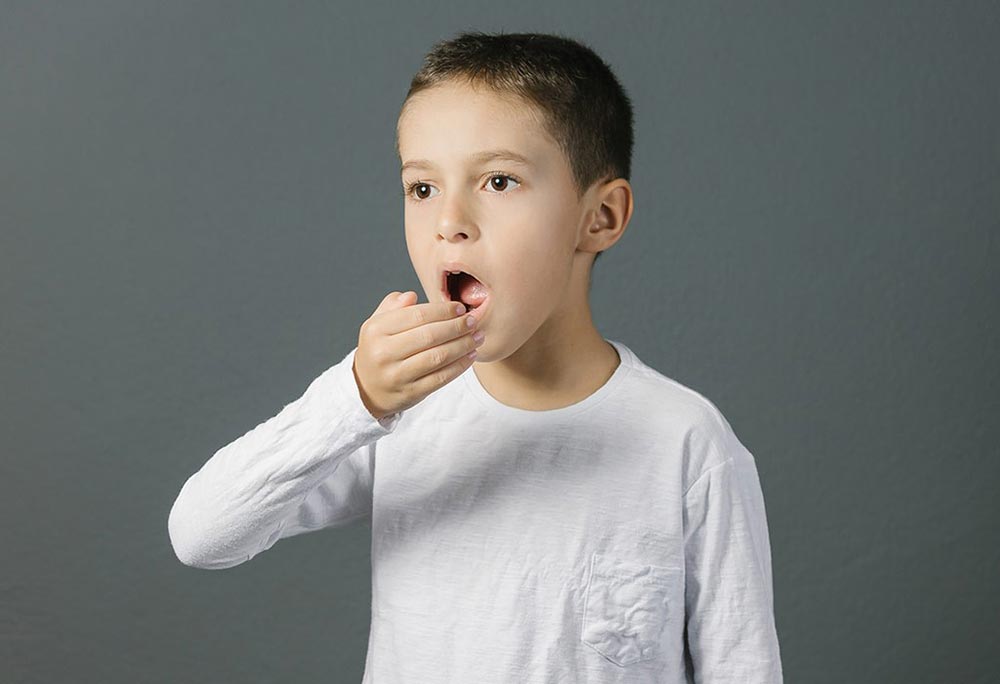
Poor oral hygiene
The main cause of bad breath in children is maintaining poor oral hygiene. First of all, you should care about the oral hygiene status of your child. Regular tooth brushing and flossing not only improve bad breath but also remove dental plaques and tartar. If good oral hygiene is not maintained, bacteria can irritate the gums and cause tooth decay. Periodontal disease, mouth ulcers, and oral infections caused by poor oral hygiene can lead to bad breath, which cannot be improved even by using the best mouthwashes. Moreover, it is necessary to regularly take your child to a dentist for periodic dental checkups.
Infections and diseases
Another cause of bad breath is and sinus infections, which cause stuffy nose and throat. The accumulation of bacteria in this area results in a type of bad breath that cannot be improved even by tooth brushing or mouth-rinsing. If your child has symptoms such as sore throat, burning nasal passages, and runny nose, take them to a dentist as soon as possible.
Tonsillitis and bad breath in children
To make sure whether your child’s tonsils are swollen, it is better to check the child’s oral cavity using a flashlight; healthy tonsils should be pink without any blemish, whereas the presence of white and inflamed spots is an indication of tonsillitis. In such cases, bacteria accumulate on swollen tonsils and cause infections and thus bad breath.
Foreign bodies in the nose
Your child’s bad breath may be caused by a foreign body stuck in their nasal passages. Since children are very curious, they may insert small items such as small toys, beads, beans, and other foods into their noses. When these foreign bodies remain inside the nose for a while, they can cause infections and bad breath. If you are sure that a foreign body in the nose is the cause of your child’s bad breath, take them to a dentist or an otorhinolaryngologist to examine your child’s nasal passages and remove the foreign body.
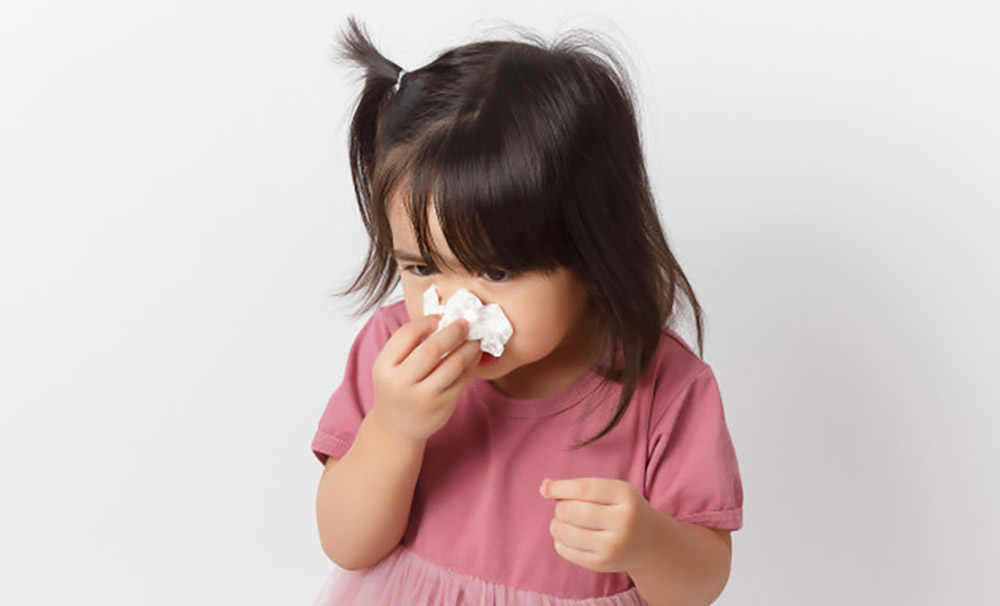
Dehydration and dry mouth
Drinking plenty of water is very important and vital for the body. Dehydration can one of the causes of bad breath. When your child does not drink plenty of water, saliva loses the required quantity and quality to clean the oral cavity, allowing the growth of bacterial and causing bad breath. Therefore, a simple way to improve your child’s bad breath is to just make sure that your child drinks enough water.
Proper nutrition and diet
Some cases of bad breath in children have nothing to do with bacteria. Some foods such as garlic, onion, and strong spices can create an unpleasant odor. When your child digests and absorbs such foods, their smelly molecules enter the bloodstream and are gradually excreted through the lungs and respiration. High-protein foods such as red meat and fish can exacerbate bad breath. You can prevent bad breath in your child by encouraging them to maintain good oral hygiene.
Cause of bad breath in pediatric 4 years and older
As a baby’s milky teeth grow, it is important for parents to assist the baby in cleaning their teeth and gums. pediatrics 4, 5 and 6 years old definitely need the help and supervision of parents to brush their teeth. If the process of cleaning the mouth and teeth is not done completely and well, the child will suffer from tooth decay. In large decay of milky teeth, children 4 years and older have bad breath. In some rare cases, children under the age of 8 suffer from crowded teeth. This abnormality causes the teeth to not clean well and the child suffers from premature tooth decay and eventually bad breath.
The causes of bad breath in pediatrics FAQ
1-Do some medications cause bad breath in pediatrics?
Yes, some medications can cause bad breath in children by reducing salivation. Diuretics can also cause dehydration and, thus, bad breath in children.
2-Do orthodontic treatment cause bad breath in pediatrics?
Food particles may remain beneath the archwires of orthodontic appliances and cause bad breath. Maintaining good oral hygiene can prevent such cases.
3-What is the correct way to brush children’s teeth?
Ask your child to brush their teeth 3 times a day for 2 minutes. Apply toothpaste to the toothbrush as large as a rice seed for a child under 3 years and a chickpea for older children. Watch your child when brushing their teeth and make sure that they also brush their tongue.
4-What diseases can cause bad breath in pediatrics?
Type-1 and Type-2 diabetes, pulmonary diseases, and kidney problems can cause bad breath in children.
5-Can mouthwash cure halitosis in pediatrics?
If you are sure that your child has already taken the necessary oral hygiene measures such as tooth brushing, flossing, and drinking enough water, the next option is to ask your child to rinse their mouth with a suitable mouthwash. A mild mint mouthwash can help eliminate your child’s bad breath. If the problem persists, take your child to a dentist.
6-What causes bad breath in a 3-year-old pediatrics?
Bad breath in a 3-year-old pediatrics may be due to eating certain foods. Also note that children need the help of others to clean their teeth and brush their teeth. So do not forget to clean your milky teeth so that the baby does not suffer from decay of milky teeth and bad breath.
